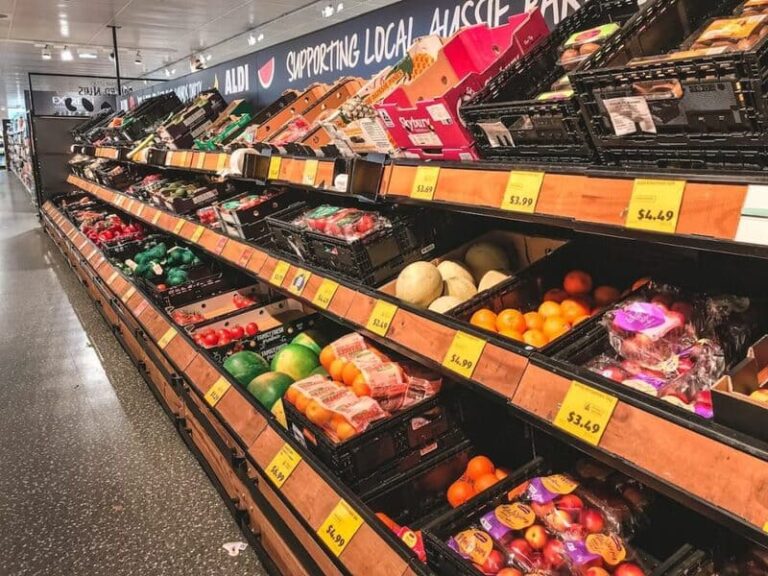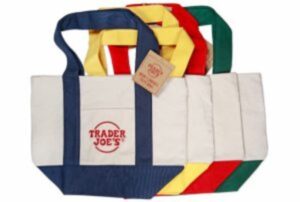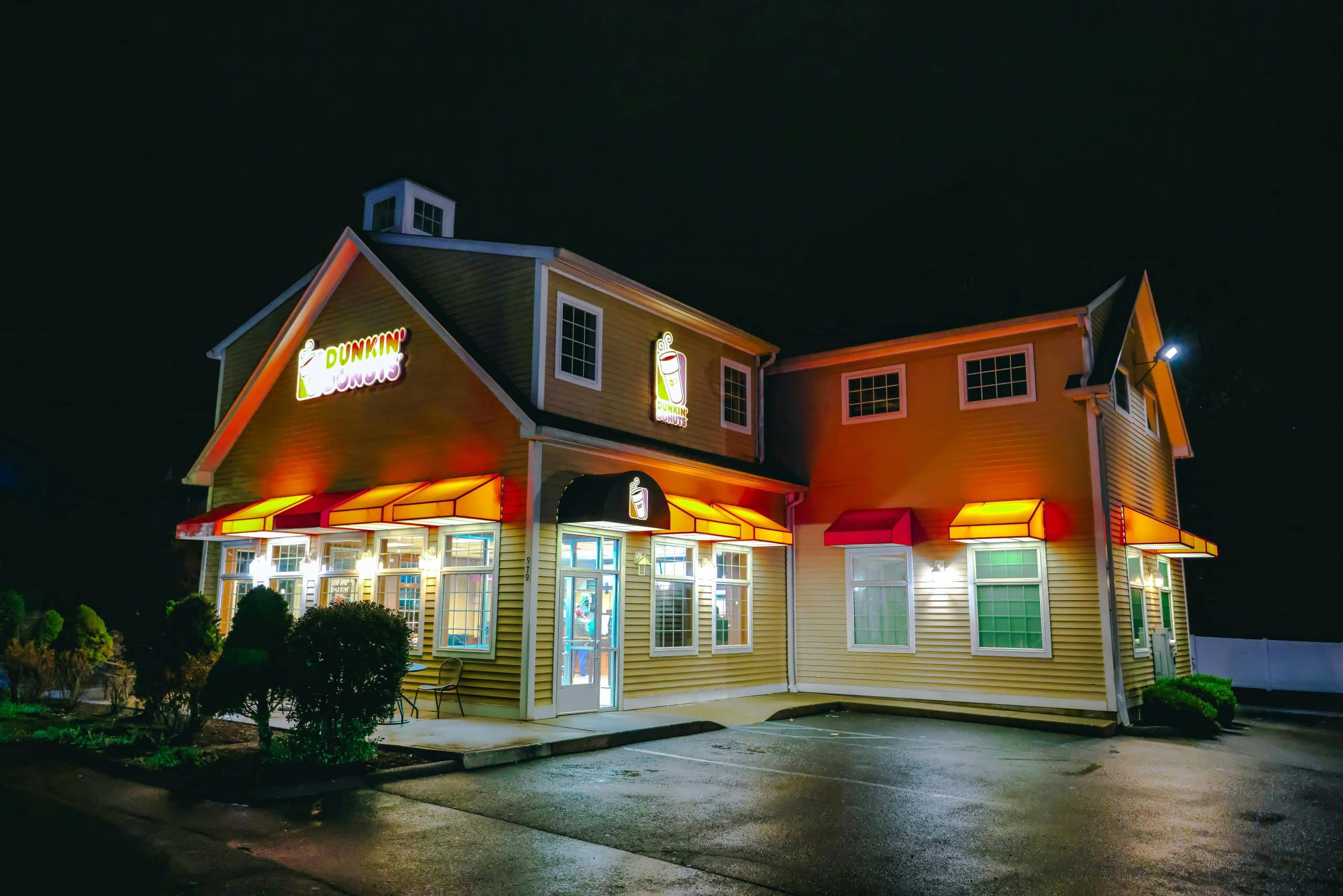Rotten Tomatoes are meant here to represent a particularly common non-tariff trade barrier that states typically use to restrict trade. States do not only restrict trade via tariffs, like United States President Donald Trump has threatened, but they can also use non-tariff barriers, like licensing restrictions, to constrain trade. How do licensing restrictions work?
We will illustrate here with rotten tomatoes. State A wants to export 8 tons of tomatoes to State B. At B’s border, the tomatoes are stopped, and import officials say that the tomatoes need to be of a certain circumference to come in, but they must check the regulations. It takes them 3 weeks. In the meantime, we have rotten tomatoes by the time they come back and say 3,5 inches. Do you think the US should enforce licensing restrictions instead of tariffs?
Continuing the Rotten Tomatoes Example
So, now the importer has 8 tons of rotten tomatoes, so who loses? The importer with the 8 tons of rotten tomatoes loses, but there are other losers and winners in the rotten tomatoes example. Consumers in state B lose. Since the 8 tons of rotten tomatoes never make it to market, there is less variety to choose from, and prices rise because there is less supply. However, tomato producers in B win because a competitor has been eliminated.
Licensing restrictions are a common non-tariff barrier that can be used to restrict trade. Licensing restrictions can take several forms, they are not all about tomato circumference. A related type of non-tariff restriction is a quota. Quotas work exactly like you think they work. Import officials in State B have instructions to only import 10 tons of tomatoes. Anything over that number is turned away.
The Licensing Restriction
In the realm of international trade, import licensing and tariffs are two distinct tools that governments use to restrict the flow of imports. Their mechanisms and implications for trade can be quite different. These differences are important as President Trump has threatened to enforce exorbitant tariffs. Import licensing involves a formal authorization by a government agency for the importation of goods, like the circumference of tomatoes. On the other hand, tariffs are taxes imposed on imported goods.
Government Perspective
Import Licensing: Governments may favor import licensing as doing so allows for greater control over the types and quantities of goods entering the market. For example, a government may issue licenses for the circumference of tomatoes. These restrictions can be unclear, and it may take several weeks to figure them out. In the meantime, perishable goods perish, and you get rotten tomatoes.
Tariffs: From a revenue standpoint, tariffs are easy to understand; they generate income for the government. They can also protect industries from foreign competition, as seen in the historical use of tariffs to support the growth of the American steel industry. This is a goal of the Trump Administration: protecting industries in the United States. Tariffs can also force industries to produce in the United States. To skirt the tariffs.
Consumer Perspective
Import Licensing: This can lead to limited choices and higher prices if the supply is restricted. However, licensing requirements can also mean better consumer protection from substandard or unsafe products.
Tariffs: Consumers often face higher prices. However, tariffs can protect local jobs and industries, which may be a consideration for consumers who prioritize domestic employment. Hence, tariffs can be attractive to political leaders.
Business Perspective
Import Licensing: For businesses, obtaining licenses can be a cumbersome process that may delay operations and increase costs. There can also be a cost at the border if import officials drag their feet. The extra time they take could result in rotten tomatoes. However, it can also provide a competitive edge if licenses are scarce or difficult to obtain.
Tariffs: Tariffs can be a double-edged sword for businesses. While they may protect domestic industries, they can also increase costs for businesses that rely on imported raw materials or components. There has been a lot of news about the cost associated with tariffs regarding those that President Trump wants to enforce.
Conclusion
The example of rotten tomatoes is used to illustrate the pernicious effects of the licensing requirement as a non-tariff barrier to trade. However, these types of non-tariff barriers can be employed in several industries. Interestingly, the Trump Administration is not thinking about these non-tariff barriers to trade. The goal must not be to restrict trade, but to threaten industries and adversaries.









